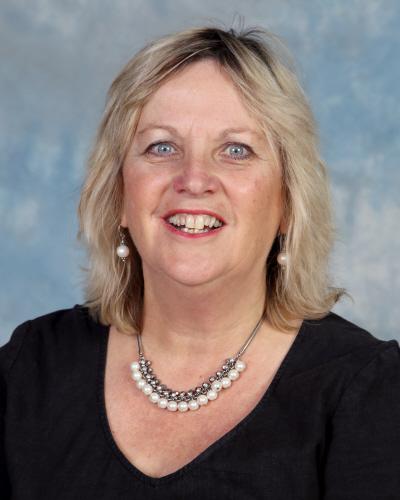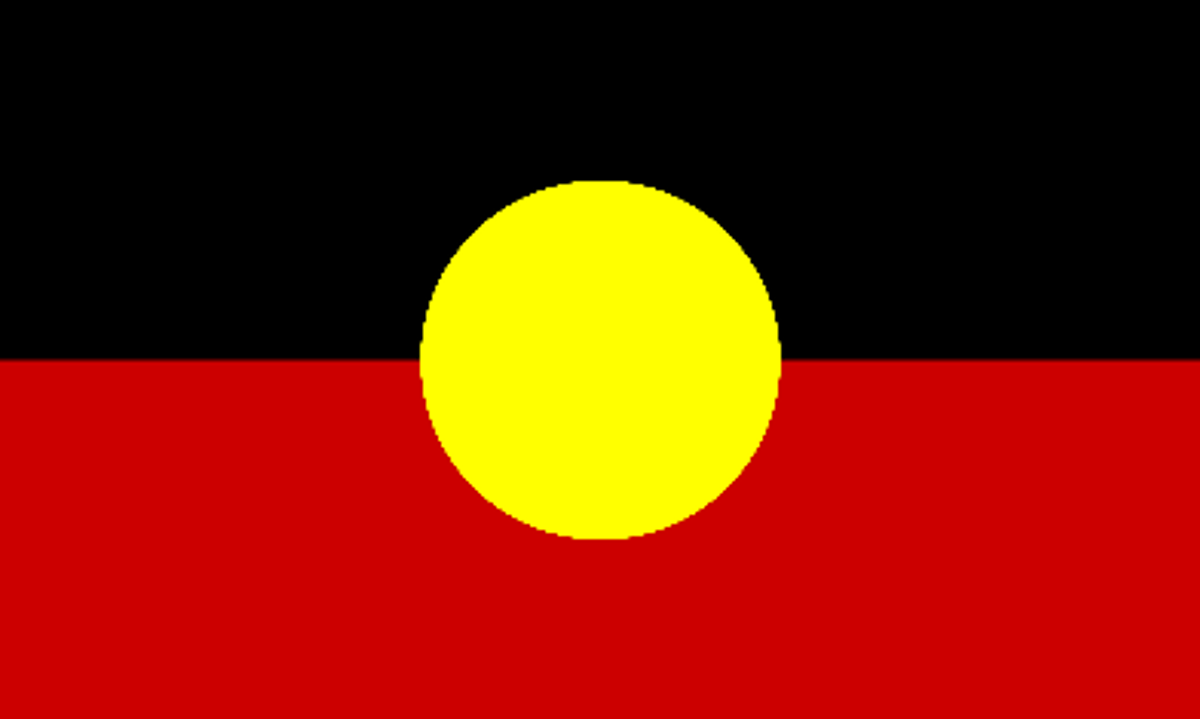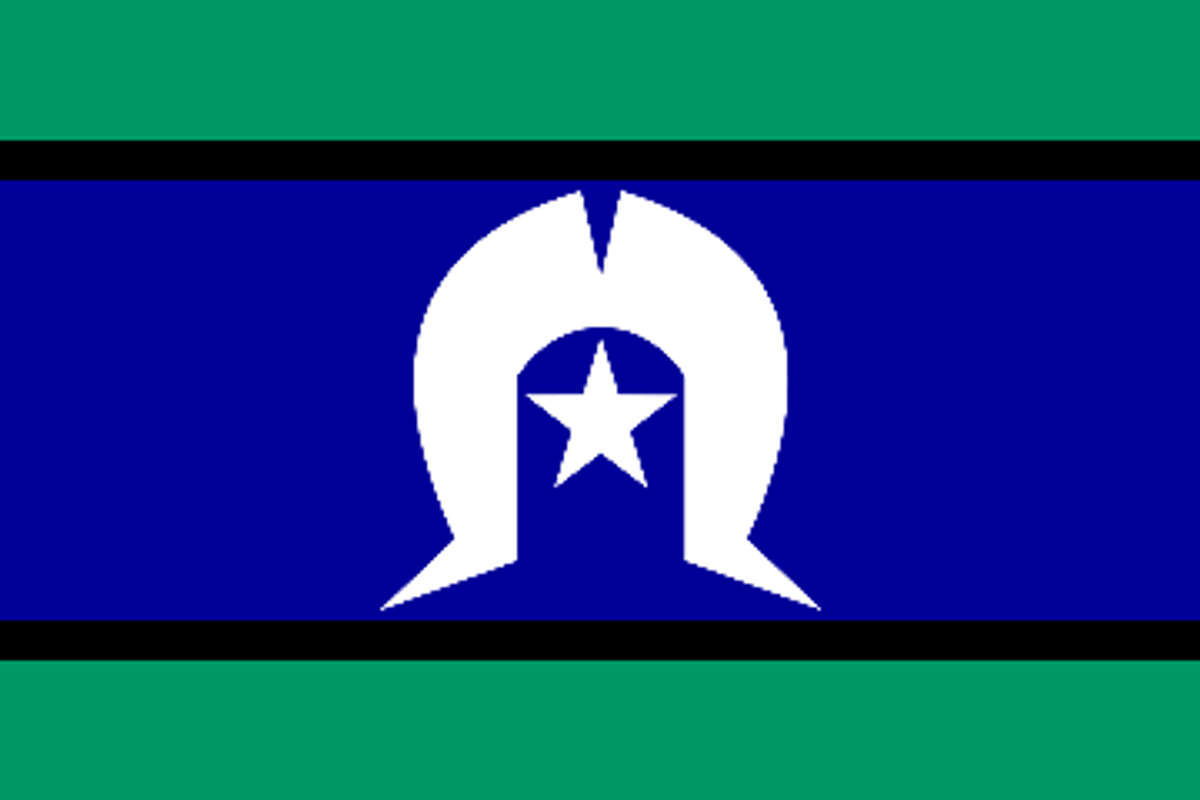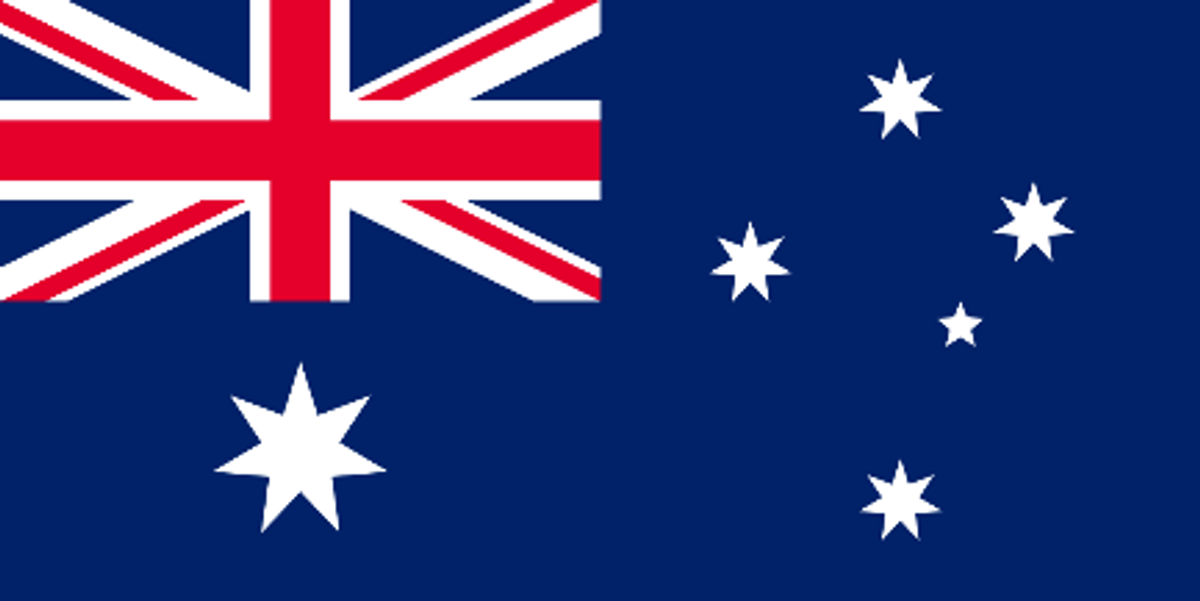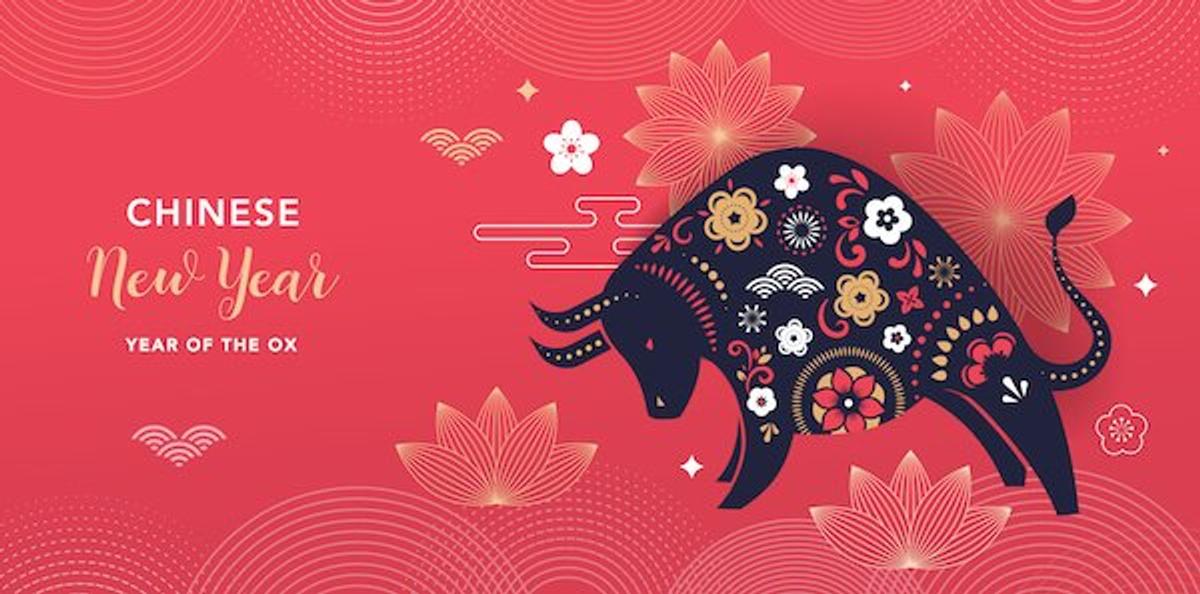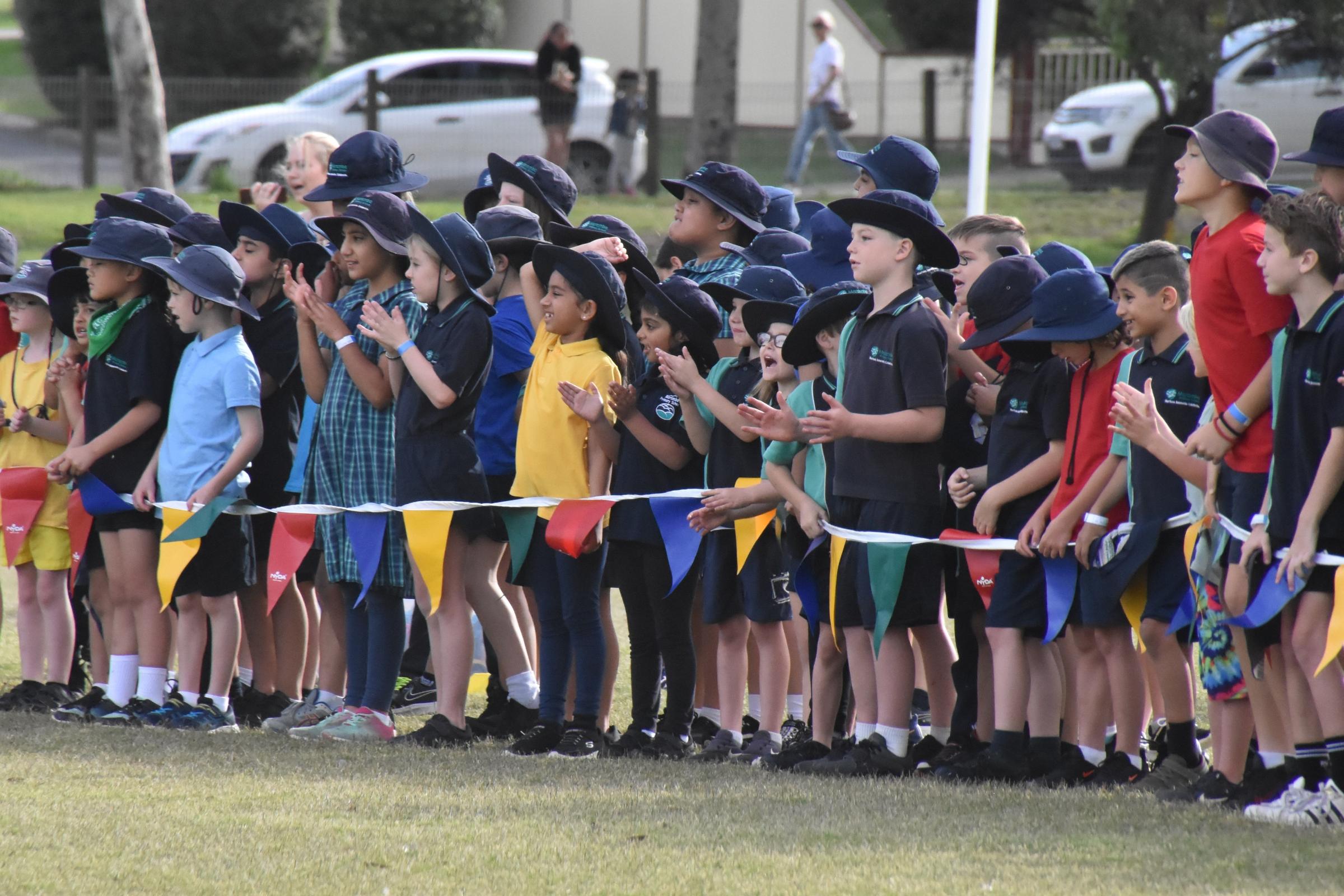
Assistant Principal's Message
Maramba Vision
Providing a caring environment where aspirations are nurtured, positive relationships grow, success is celebrated and a passion for lifelong learning is ignited.
Nurture. Innovate. Celebrate.
Dear Students, Parents, Carers and Families,
Commemorating National Apology Day
On Saturday 13th February, Australia commemorated the 13th anniversary of the National Apology to Australia’s Indigenous Peoples which was delivered by Prime Minister Kevin Rudd in Federal Parliament in 2008. He made a formal apology to Australia’s Indigenous peoples, particularly to the Stolen Generations whose lives had been blighted by past government policies of forced child removal and Indigenous assimilation. It was a milestone that all Australians can be proud of and it is important to bring all Australians together to commemorate that historic moment.
The National Apology was an historic acknowledgement of the wrongs done to the Stolen Generations. It was a significant step towards building a respectful new relationship between Indigenous and non-Indigenous Australians. The impact of the Apology is evidence of the importance of historical acceptance, which is one of the five dimensions we use to describe and measure reconciliation. Historical acceptance is not just about accepting and understanding our shared history and its ongoing impacts, it is about making sure that Australia does what is necessary to ensure past wrongs are never repeated.
National Apology to the Stolen Generations
The journey to national apology began with the Bringing Them Home report, the findings of an inquiry instigated by the Human Rights and Equal Opportunity Commission in 1995.
The inquiry took evidence personally from 535 Indigenous people and received hundreds of letters and testimonies from other people. It also recognised that there were many who could have provided evidence but did not do so because they were unable to travel, uncomfortable with the public nature of the inquiry, or still too frightened or traumatised to speak of their experiences.
This last difficulty was perhaps most strongly felt by parents who had lost children and who experienced lifelong grief as well as shame for not being able to protect and keep them. Based upon multiple stories, the report made 54 recommendations. Recommendations five and six indicated that all governments, police forces, churches and non-government agencies should issue an apology.
First apologies
The Western Australian government was the first state government to act, issuing its apology on 27th May 1997. By 2001, all state and territory governments had issued apologies.
Indigenous people and their supporters began a campaign to spread awareness and build support in the broader Australian community for a federal apology. The National Sorry Day Committee organised many different events over the years including another of the National Museum’s Defining Moments, the 2000 Walk for Reconciliation across the Sydney Harbour Bridge.
In 2007, the Labor Party under Kevin Rudd won the federal election and took office. It supported making a formal public apology to the victims of forced child removal, especially the Stolen Generations.
The Apology was the first item of business when Parliament opened in 2008, and was witnessed by the thousands of people gathered in Canberra for the event and was broadcast all over the country.
The Apology elicited a wide range of emotions amongst those affected. While few believed that it would completely erase the pain of the past, many felt that a vital first step in the healing process had begun.
Anniversaries like this one remind us what we have achieved so far in our nation’s journey towards a just, equitable and reconciled nation. They also remind us that the full extent of past wrongs and their ongoing effects have not been formally explored or officially recognised which is why there is a need for a comprehensive formal process of truth-telling about our shared history, to achieve justice and healing.
National Museum Australia
https://www.nma.gov.au/defining-moments/resources/national-apology
Chinese New Year
Our Chinese community in Melbourne have been celebrating the Chinese New Year over the last week. According to the Chinese calendar, the 12th February is the first month of the new lunar year and is the start of the Spring Festival. The Chinese New Year is celebrated in January or February in many countries around the world, especially in countries with larger Asian communities.
The Lunar New Year is an important public holiday for many countries including China, South Korea, Vietnam, Singapore, Malaysia and Indonesia. In Melbourne, our Chinese communities celebrate in 'Chinatown'.
The Spring Festival celebrations for the New Year take 15 days and is often celebrated with dragon dances, lion dances, gift exchanging and fireworks. It ends typically with lantern festivals on the 15th day of the first calendar month.
Chinese calendar
The Chinese calendar is about one month behind our (so called Gregorian) calendar as it has between 30 and 50 more days per year. The Chinese zodiac calendar has a cycle of 12 years and was started on astronomical observations of the moon's phases. Each year a Chinese zodiac animal is the symbol for the year. The twelve Chinese zodiac animals are: rat, ox, tiger, rabbit, dragon, snake, horse, goat, monkey, rooster, dog, and pig. In 2021, it is the year of the Ox.
Kind regards,
Diane Morwood
Assistant Principal

